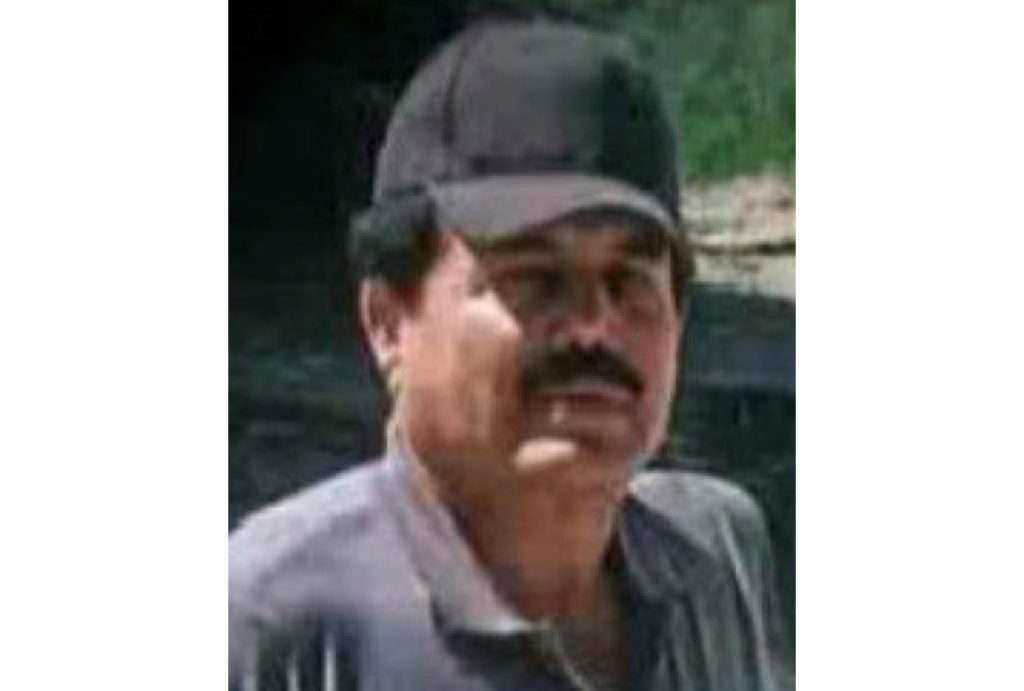Ismael “El Mayo” Zambada, a prominent figure in Mexico’s Sinaloa drug cartel, has pleaded not guilty to numerous charges including drug trafficking, murder, money laundering, and weapons offenses in a New York court. His plea follows his arrest and subsequent transfer to US custody. Zambada, described as one of the most powerful narcotics kingpins in the world, was ordered to be jailed pending trial by US Magistrate Judge James Cho. The prosecution argued that only detention in a US jail would prevent Zambada from committing further crimes and ensure his presence in court.
Zambada’s capture in July came after being sought by law enforcement for over two decades. He arrived in the US alongside another cartel leader, Joaquin Guzman Lopez, son of the notorious drug lord Joaquin “El Chapo” Guzman, who is awaiting trial on separate charges in Chicago. Despite claims of being kidnapped, the circumstances surrounding Zambada’s capture are contested. While his lawyer states he was forcibly taken, the Guzman family lawyer maintains it was a voluntary surrender following negotiations. Zambada himself described his capture as an “abduction,” raising questions about the events leading to his arrest. However, legal experts suggest the manner of his arrival in the US may have little impact on his criminal case.
If convicted on all charges, Zambada could face a minimum sentence of life in prison and potentially the death penalty. US prosecutors have labeled him as one of the world’s most dangerous drug traffickers, emphasizing his use of military-grade weapons and private security forces to protect his drug empire. The prosecution accuses him of deploying hitmen for assassinations and kidnappings to maintain order within his organization and eliminate threats from rivals or law enforcement cooperators. Zambada’s arrest coincided with increased violence in Culiacan, where different factions of the Sinaloa cartel vie for power amid a power vacuum.
The surge in criminal violence in Mexico, partly fueled by drug trafficking and gang activities, has resulted in the deaths of over 450,000 people since 2006. Zambada’s arrest has exacerbated the violence in Culiacan as various factions within the Sinaloa cartel seek dominance. Mexican President Andres Manuel Lopez Obrador called on the warring parties to seek nonviolent resolutions to their disputes in order to prevent further loss of life. He urged the cartels to consider the wellbeing of innocent civilians and their own families. The ongoing struggle for control within the cartel highlights the challenges facing Mexican authorities in combating drug-related violence and organized crime.
Zambada’s case exemplifies the complex and violent nature of the drug trade in Mexico, where powerful cartels wield significant influence and engage in brutal tactics to protect their interests. The involvement of high-profile figures like Zambada and the ongoing battle for control within the Sinaloa cartel underscore the challenges faced by law enforcement and the government in combating organized crime. The trial of Zambada and the legal proceedings surrounding his arrest will shed light on the inner workings of a powerful drug cartel and the tactics employed by its leaders to maintain control and expand their criminal enterprises.
Overall, the arrest and trial of Ismael “El Mayo” Zambada represent a significant development in the ongoing struggle against drug trafficking and organized crime in Mexico and beyond. The case has garnered international attention due to Zambada’s status as a top narcotics kingpin and the potential implications for the Sinaloa cartel. As legal proceedings progress, the impact of Zambada’s arrest on the drug trade in Mexico and the broader efforts to combat criminal violence will become clearer. The high-stakes trial and the revelations that may emerge from it are likely to have far-reaching consequences for law enforcement, government policy, and the ongoing fight against drug cartels.















